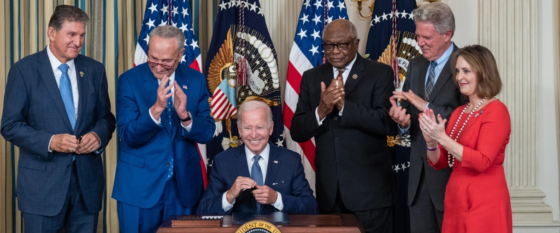
What Will Climate Investments Mean for Latin America?
A Latin America Advisor Q&A featuring experts’ viewpoints on climate commitments in the U.S. Inflation Reduction Act and their impact on Latin America and the Caribbean.
A Latin America Advisor Q&A featuring experts’ viewpoints on climate commitments in the U.S. Inflation Reduction Act and their impact on Latin America and the Caribbean.
Healthy ecosystems are essential for human health and prosperity, yet they are also under pressure from unsustainable development.
This report, informed by the Dialogue’s Task Force on Climate Change in the Northern Triangle, complements the recommendations of the previous report in the series, on themes such as agriculture, water, energy, and finance, with strategic recommendations for US assistance to foster effective and sustainable adaptation, especially through empowering local leadership.
On May 4 and 5, a delegation of task force members traveled to DC to share their insights and recommendations with officials from various US government entities.
On March 24, 2022, the Inter-American Dialogue hosted a private discussion with Luis Vicente León, president of respected polling firm Datanálisis, on recent developments in Venezuela.
Energy storage is a class of technologies that is diverse, complex, and rapidly evolving. Policymakers in Latin America and the Caribbean will need to acquire a strong grasp of the technical characteristics and benefits of these technologies, the services they can provide, and the most relevant regional and power market applications for each technology, according to this report authored by experts from the Inter-American Dialogue and the Inter-American Development Bank.
Covid-19 has devastated the Peruvian economy. But as the country seeks to rebuild in the virus’s wake, it has a chance to focus on fighting climate change and creating a more sustainable development model. The extractive industries central to Peru’s economy are a source of underutilized revenues that could help seize this opportunity.
A medida que Colombia trata de recuperarse de la devastación económica que le ha generado el Covid-19, también debe esforzarse en el cumplimiento de sus metas en materia de cambio climático y la creación de un modelo de desarrollo más sostenible. Los ingresos fiscales procedentes de la producción de minería e hidrocarburos podrían utilizarse para cumplir con esos importantes objetivos.
As economies seek to rebuild in the aftermath of the Covid-19 crisis, there is an opportunity to accelerate climate change mitigation and adaptation and shape more sustainable economic models. Revenues from the extractive industries can provide crucial resources in this effort, according to a new report by the Inter-American Dialogue.
Over the past two years, the government of Mexican President Andrés Manuel López Obrador has sought to strip away central aspects of the 2013 energy reform that increased private investment in the power sector and return control of the sector to state utility CFE. These moves will reduce needed investment in the sector and lead to higher electricity costs for Mexican industry and manufacturing, affecting employment, trade, and Mexico’s ability to meet its clean energy targets, according to this new report by the Inter-American Dialogue.
This policy brief examines the regulatory changes in Mexico’s electric power sector made under the López Obrador administration. The brief analyzes the broader implications for Mexico’s economy and its trade and economic relations with its key trading partner, the United States. A full report will be forthcoming in October 2020.
The recent oil price collapse, combined with the economic contraction resulting from measures to fight the global Covid-19 pandemic, will have extensive and largely unforetold impacts for Latin American energy markets and beyond. These implications include cuts to investment and delays to ongoing projects in both oil & gas and renewable energy, fiscal and broader economic constraints, and legal disputes, said panelists during a webinar held on April 1.
Once a major OPEC producer, Venezuela has witnessed a spectacular fall in oil production over the last 20 years under Hugo Chávez and Nicolás Maduro. In 2019, U.S. sanctions hastened this decline. Will Venezuela ever reclaim its place as a top oil producer?
Caribbean islands are in many ways ideal markets for electric vehicles, and several Caribbean jurisdictions have made significant advances in promoting electric mobility. Examining five case studies—Barbados, Bermuda, Cayman Islands, Jamaica, and the Dominican Republic—this report identifies the key challenges and recommends actions that Caribbean governments and other stakeholders can take to stimulate EV adoption.
Lisa Viscidi and Nate Graham spoke with S&P Global Platts about the findings of a new report which argues that Western oil companies will be needed to revive Venezuela’s oil sector. They discuss the obstacles that could affect whether these firms increase production in the country under a new government, including US sanctions uncertainty, high taxes, and a shortage of workers and working infrastructure.
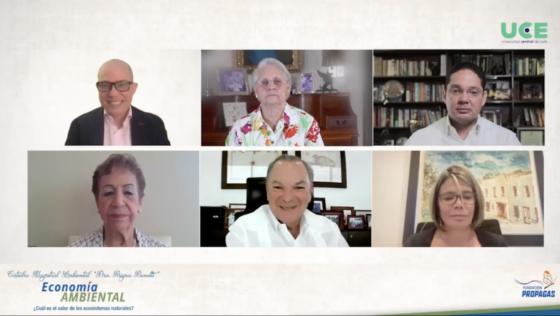 Video
Video
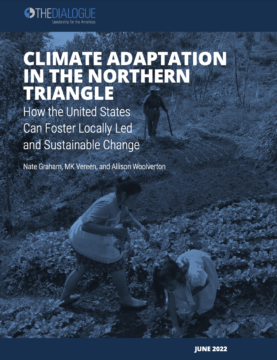
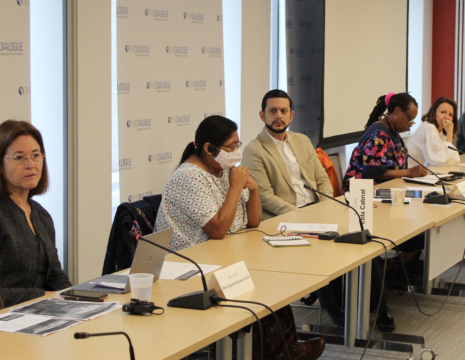
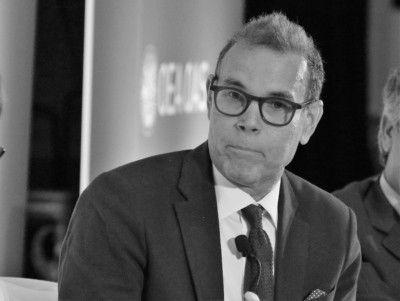
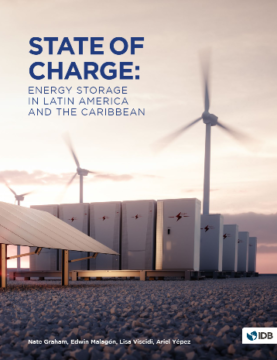
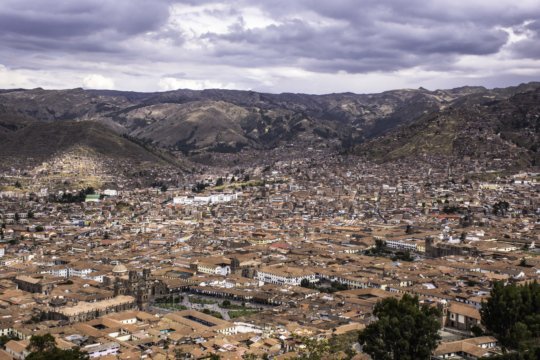
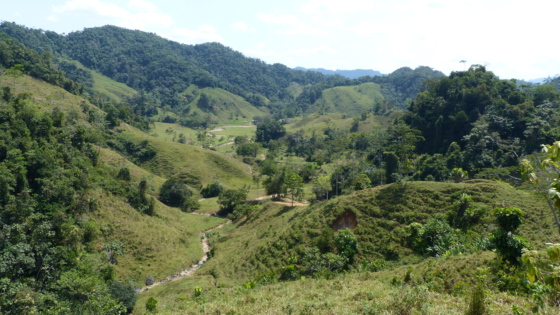
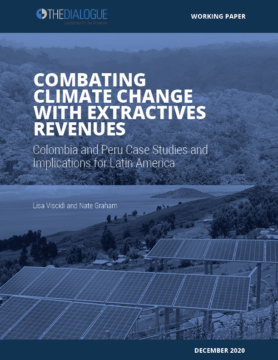
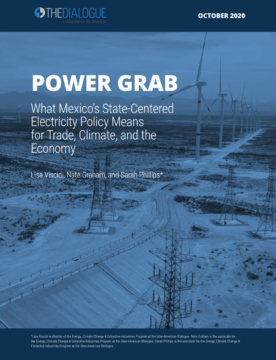
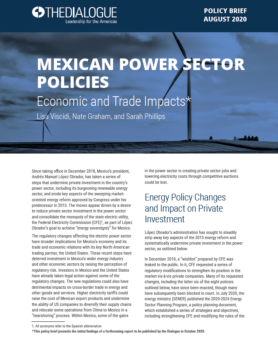
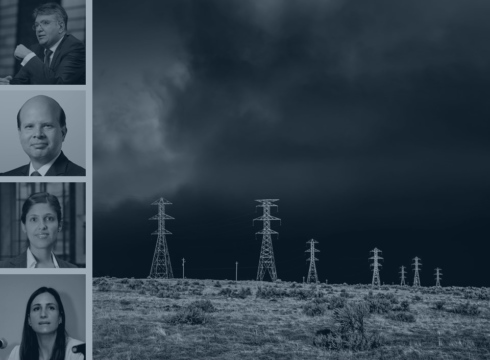 Video
Video
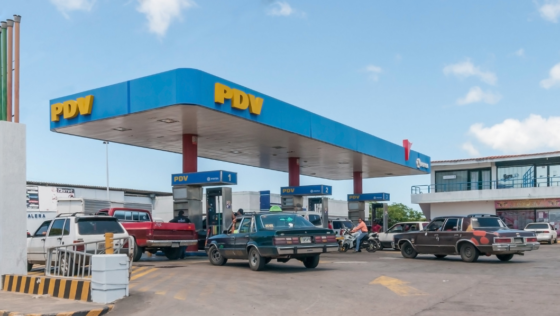
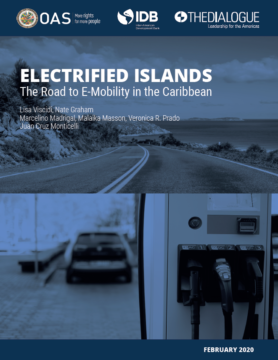
 Video
Video